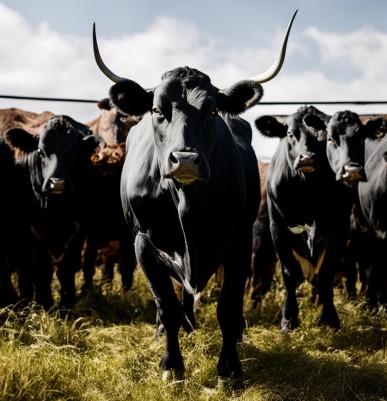Problems in global food security may worsen
In 2021, at least 193 million people in 53 countries face the most acute food insecurity problems. This is 40 million more than a year earlier, according to a joint report by the European Union, the Food and Agriculture Organization of the United Nations (FAO) and the UN World Food Programme. Analysts attribute the rise to "a combination of conflict, extreme weather and economic shocks." Projections now covering 42 out of 53 countries suggest that between 179 million and more than 181 million people could be severely food insecure in 2022.
The authors of the report note that "the importance of Ukraine and RUSSIA for global markets for food and agricultural resources cannot be overlooked, since many vulnerable countries depend on Russia for fertilizers, the decrease in availability of which and high prices can have negative consequences." First of all, acute food insecurity may worsen in countries such as Afghanistan, Haiti, Syria, Yemen, Ethiopia, Somalia and South Sudan, the document says.
Italian Prime Minister Mario Draghi said earlier that the conflict in Ukraine threatens to create food crises that could affect Africa and the Middle East, RIA Novosti reports. “From an economic point of view, the conflict has caused instability in the functioning of global supply chains and volatility in the prices of raw materials and energy,” the agency quotes his speech at the European Parliament in Strasbourg. “<…> There is a serious risk that rising prices, combined with reduced fertilizer availability, will cause food crises.”
The day before, French President Emmanuel Macron, during a telephone conversation with Russian President Vladimir Putin, also expressed concern about the emerging problem of ensuring global food security, the Kremlin said in a statement. Putin, in turn, drew attention to the fact that the situation in this matter is complicated primarily by sanctions measures on the part of Western countries, and noted the importance of the unimpeded functioning of the global logistics and transport infrastructure.
Russia intends to continue to fulfill in good faith its obligations under international contracts in terms of EXPORT deliveries of agricultural products, fertilizers, energy carriers and other critical products. This was stated by Russian Foreign Minister Sergei Lavrov in an interview with the Xinhua news agency, TASS reports. At the same time, during the period of ongoing turbulence, the response special economic measures necessary to ensure the normal functioning of the Russian economy will continue to operate and will be expanded, the minister said.
Food prices in Russia and their change for the week and month, data for April 22, 2022
On May 3, Vladimir Putin signed the Decree "On the application of retaliatory special economic measures in connection with the unfriendly actions of certain foreign states and international organizations." The document prohibits Russian federal authorities, companies and individuals from making transactions and fulfilling obligations under contracts with persons under Russian sanctions, as well as sending products and raw materials from the country to them. The government must approve the list of persons under sanctions within ten days.



























































